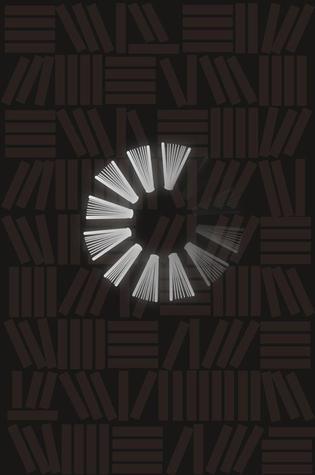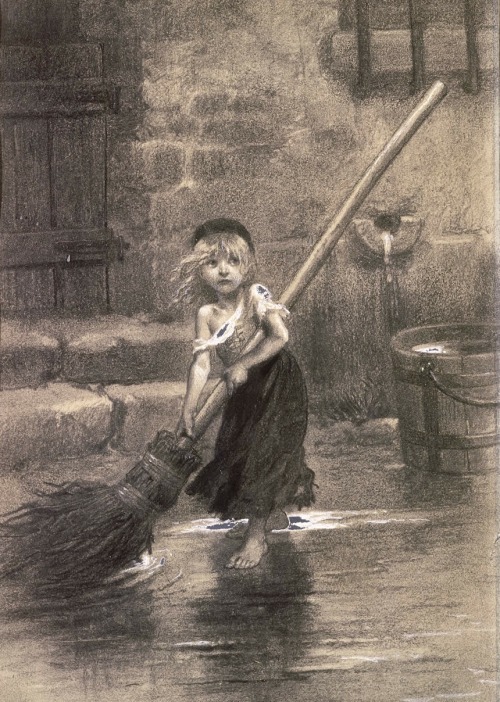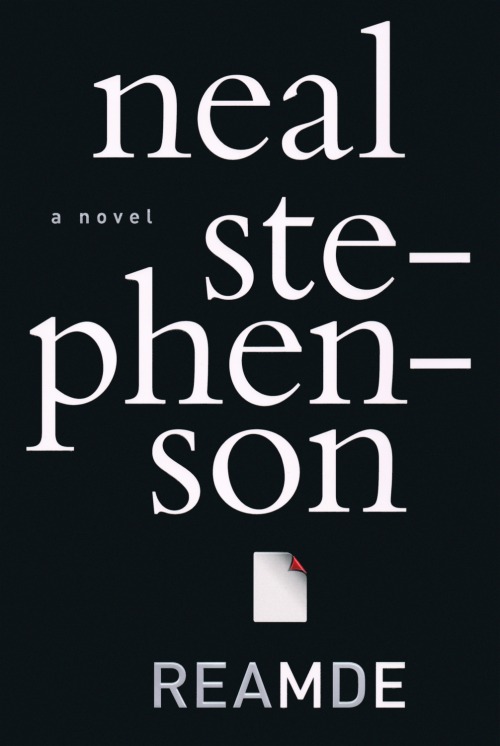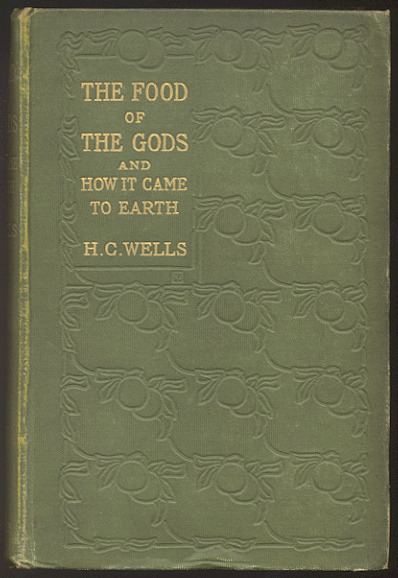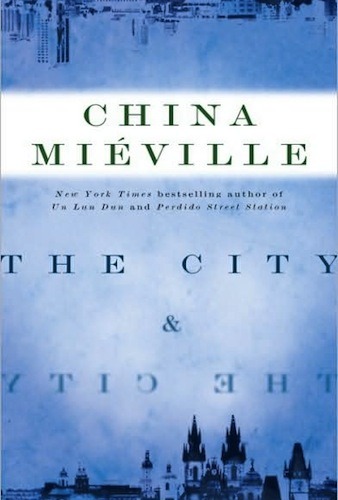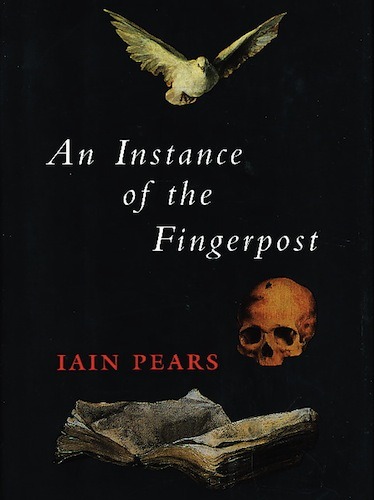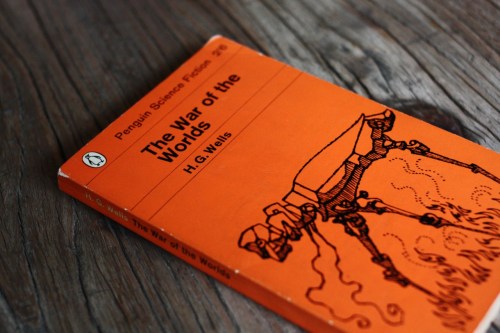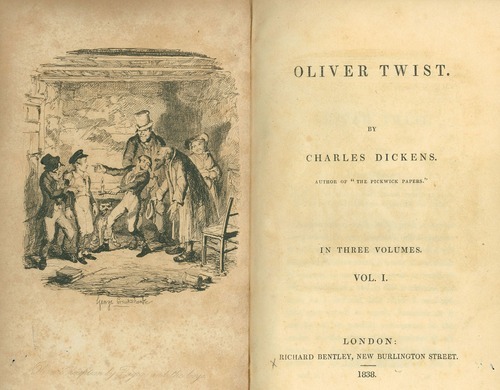
This classic, while it is by far the poorest book by Dickens I have read, nevertheless somehow endures as one of the author’s most visible and popular works. Perhaps if it were not the first Dickens people were often tasked with reading, they would not develop a dislike towards the man. All its qualities are inferior, and all its flaws deeper, than every other work of his I’ve encountered.
Oliver, to begin with, is a cypher. His only qualities seem to be politeness and naiveté, neither of which seems likely to have emerged naturally in a child raised in the orphanage described. He fails to make any meaningful decision the entire book, acting only as a plot device and nullifying him as something anyone reading should care about — since as a plot device he is more or less immune to harm or influence. The idea of inherent honesty and goodness, always strained in Dickens (and allied to class), reaches the level of nonsensical here.

